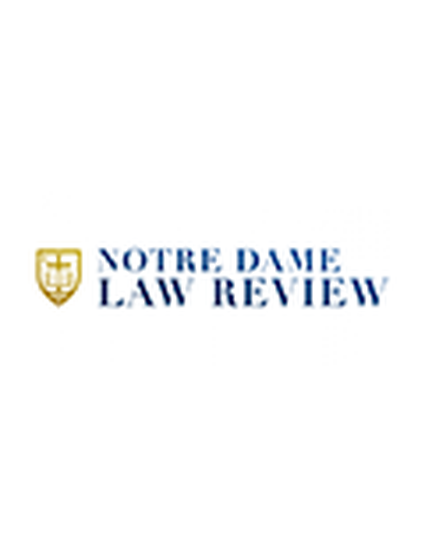
As when Erie Railroad Co. v. Tompkins was decided seventy years ago, federal courts today are seen as more favorable to corporate and business interests than many of their state-court brethren. The current situation is due in no small part to federal courts' comparatively pro-defendant approaches to summary judgment, class certification, and other procedural issues. The Court's decision in Bell Atlantic Corp. v. Twombly, which tilts federal pleading standards in favor of defendants, will likely have similar federalism implications. This Article presents a straightforward argument that the Erie doctrine may require federal courts to follow state-law standards on summary judgment, class certification, and pleading. This argument has strong support in Supreme Court case-law and the black-letter framework for resolving Erie issues, yet it would significantly recalibrate the conventional understanding of judicial federalism in civil adjudication. Ironically, the 2005 Class Action Fairness Act (CAFA) -- whose expansion of federal diversity jurisdiction over high-stakes civil litigation was a major political victory for the defense side--strengthens Erie's preference for state law, because it confirms that procedural disparities between state and federal courts cause precisely the kind of forum-shopping and inequitable treatment that Erie aims to prohibit. Because Erie is likely to play a critical role in the politically-charged arena of contemporary litigation, this Article also confronts some of the broader conceptual and theoretical problems that have plagued the Erie doctrine during its first seventy years. It proposes a theory that reconciles the reasoning of Justice Brandeis' Erie opinion with the subsequent evolution of the Erie doctrine and federal judicial power generally. This Article thus provides a coherent doctrinal framework for considering the challenges Erie may face in the years to come.
Available at: http://works.bepress.com/adam-steinman/16/
